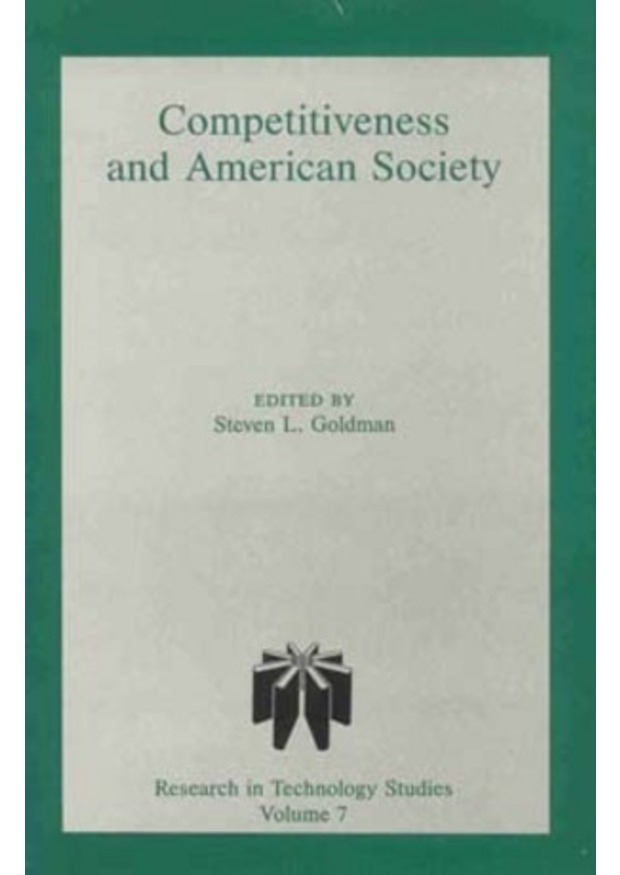The claim that U.S. industry is in a crisis—that it stands at a turning point in its competitiveness with foreign rivals―seems on the face of it an objective description of the prevailing state of affairs. But what does "competitiveness" mean when it is used to describe an entire industry, an economy, a nation? What is the relationship between industrial competitiveness and the personal and social value placed on competition? What are the social roots of competition that have made it an enduring American value? How does the current competitiveness debate serve special interests seeking to preserve or extend their social power? The essays presented in Competitiveness and American Society, all written especially for this volume, address these and related questions. The answers they offer reveal the political character of the competitiveness debate, as well as the complexity and ambiguity of the value judgments with which competitiveness issues are entangled.
The perspectives taken by the authors range from the austerely economic, through the political and managerial, to the richly sociological. The opening essay rejects the possibility, let alone the factuality, of a national competitiveness crisis; the closing essay explicitly identifies the root causes of the crisis as national. Other essays look to relationships among culture, society, and industry in the U.S. and Japan as factors shaping America's competitiveness crisis, and the Western European response to that crisis. One essay explores mechanisms that would allow the public to play a constructive role in managerial decision making; another explores the complications that have followed from mandating the management of resources in accordance with social values.
The common denominator of all of the essays is an engagement with the role that social value judgments play in determining the competitiveness of individual firms. For some, this role is broad and definitive; for others, it is narrowly circumscribed. Taken together, the essays in Competitiveness and American Society establish the need for wider participation in the debate over the competitiveness of U.S. industry than has been held so far. What is needed is a debate that addresses the quality of American life and the health of the industrial sector of the economy, a debate that opens for public deliberation the changes in personal and social values and institutions that will be required to shape that interdependence.













